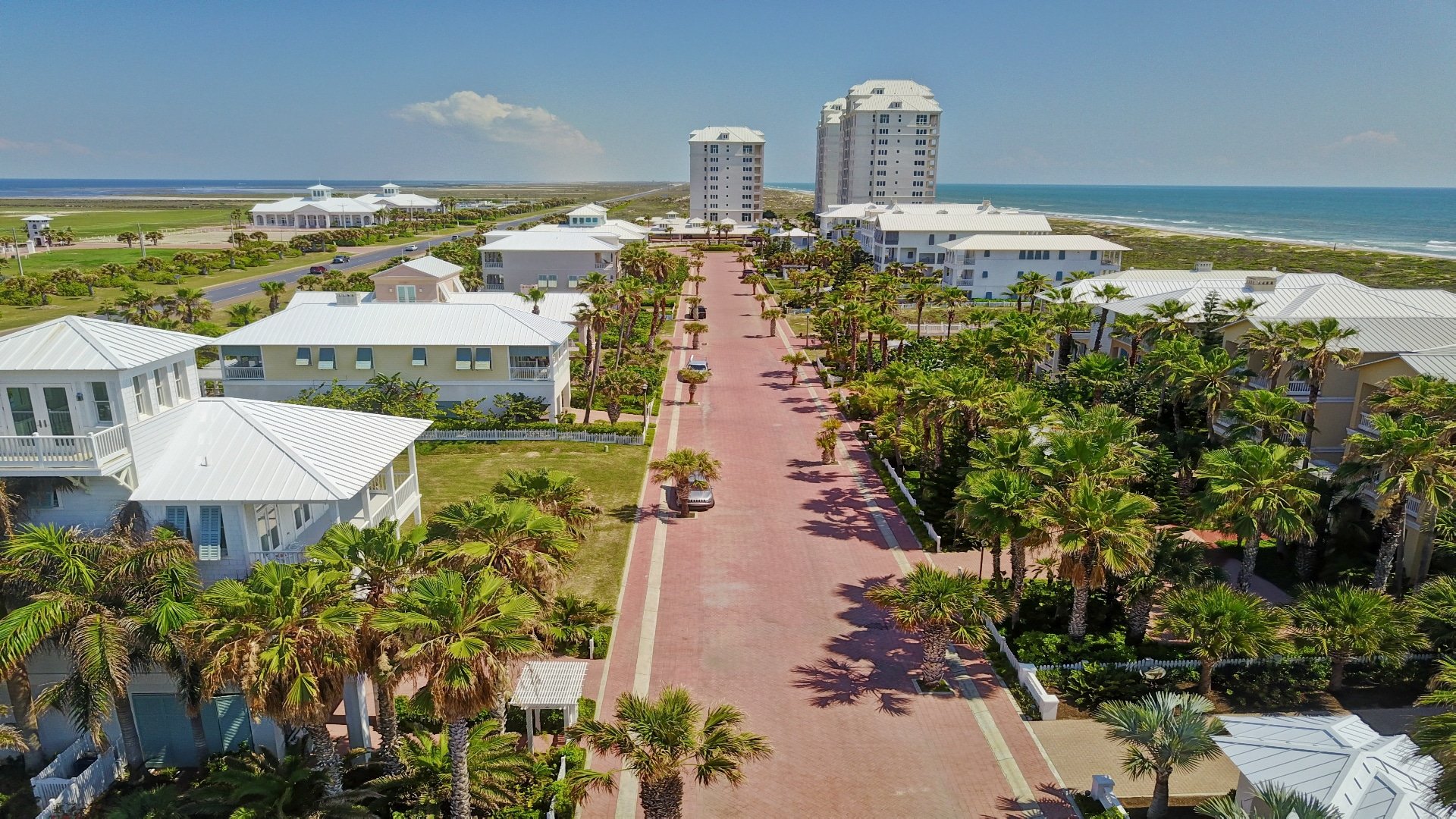For decades, the only things launching from Boca Chica Beach here were ospreys and seagulls. But in a few years, million-pound rockets will begin lifting off from this stretch of isolated beach at Texas’ southernmost tip and fire into the deepest reaches of outer space.
The recent announcement by Space Exploration Technologies, or SpaceX, that it plans to build a first-of-its kind, fully-private launch facility in Brownsville has rattled this border city and underscores the shifting story of space exploration from government-run missions to private-sector enterprise.
“This is what the ‘new space’ industry is all about,” said James Pura, president and director of Space Frontier Foundation, a California non-profit that advocates commercial space travel. “No one ever thought of creating a launch pad in Texas before. It was out of the realm of possibilities. [SpaceX] is providing alternative solutions to society’s needs.”
SpaceX, started by billionaire and PayPal founder Elon Musk, will build the spaceport over 50 acres of privately-owned land at the end of Texas Highway 4 and be launch-ready in about two years. The complex, which will include a rocket launch site, launch command center and ground tracking station, will do up to 12 launches a year. The spaceport is unique in that it will be the first one built entirely by a private company, not by NASA or on a government base, Pura said. It’s part of the so-called “new space” movement, led by firms such as Blue Origin, set up by Amazon.com founder Jeff Bezos, the Virgin Group’s Virgin Galactic and SpaceX, that are building cheaper, reusable spacecraft and paving the way to space tourism.
For Texas, the Brownsville spaceport marks a major shift in the state’s traditional space industry. For more than four decades, the Johnson Space Center in Houston served as the primary command center for U.S. manned flights into space, from the Apollo programs of the 1960s and ’70s to the more recent space shuttle missions. But after NASA closed down the space shuttle program in 2011, shifting their focus on sending astronauts beyond Earth’s orbit and eventually to Mars, the state’s space industry has been in flux, although the Johnson Center still employs about 14,000 workers in the region, according a report earlier this year from Gov. Rick Perry’s office.
SpaceX’s Brownsville port is expected to create 500 direct jobs over the next decade, draw $85 million in capital investment to the city and generate $51 million in annual salaries, said Gilberto Salinas, of the Brownsville Economic Development Council. More importantly, it could create an “ecosystem” of aeronautical and engineering firms catering to the launches, he said. For a city mostly known for its manufacturing trade and proximity to Matamoros, Mexico, just across the Rio Grande, the SpaceX project is nothing short of revolutionary, Salinas said. “This is going to become a mini-Silicon Valley, with a Latin flavor to it,” he said.
Though federal permits initially allow for only cargo flights, Musk has said he plans to send people into space from the Brownsville port. At a groundbreaking last month that drew Perry and other officials, Musk hinted at interplanetary manned flights. “It could very well be that the first person that departs for another planet could depart from this location,” Musk told reporters while standing near the future site of the launch pad.
One of the biggest beneficiaries of the project will be the University of Texas at Brownsville, which will be collaborating with the spaceport. The partnership, known as STARGATE, will be a space exploration technology center located at the SpaceX command center and run by UTB faculty and students. Here, UTB astrophysics students will get to work in modern laboratory facilities and gain access to SpaceX’s state-of-the-art satellite equipment, as well as its engineers. The goal is to create a pipeline for UTB students to gain experience and later work for SpaceX, said Rick Jenet, UTB astrophysics professor who helped formed the partnership.
Those students will be at the frontlines of commercial space travel, learning things not seen anywhere else in the world, he said. “We’re definitely entering a new chapter in the era of space exploration,” Jenet said. “And the title of that chapter will be Brownsville.”
Rick Jervis




